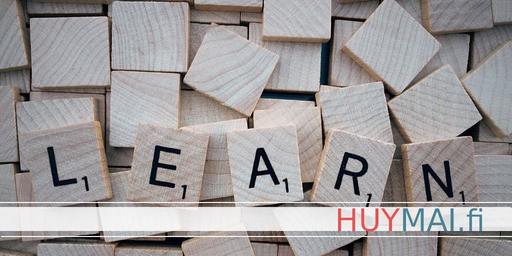
This is one part of a multi-part post. To see other posts in the same series, please click below: Part 1 Part 2 Part 3
This is an important point: Programming is not about remembering all the little detail about your language of choice, nor it is about reading a lot of books or watching several tutorial videos. It is about mastering some tools so that you can make things you want to make.

This is one part of a multi-part post. To see other posts in the same series, please click below: Part 1 Part 2 Part 3
One of the things that everyone should know but have almost never been taught at school is the skill to acquire knowledge. Instead, we were taught how to pass the exams by cramming into our mind a bunch of cr*p that, most of the time, have no practical values. (Even now, whenever I think about my “lessons” in school, the thing that I remember most is how exhausted I was every time I had an exam.)

A buddy of mine from college just started learning programming in Python, and he told me that it was “very complicated” and there are too many things to remember, which he normally mix up. As someone who just started teaching himself to code a few years ago, I understand the feeling, and for that reason I would like to write this post to share some of my experience. Hopefully it will have the chance to help some of you guys out there, who, like my friend and I, want to learn programming but find it too challenging.

A few days ago, while we were having dinner, my wife suddenly told me:
“You know, almost everyone I know has some sort of talents. It’s just me that don’t.”
As you may have imagined, I didn’t expect to hear anything like that at all, so I responded with a question:
“What kind of talents are you talking about?”
“Well, all those kinds of arts or science things: some are good at singing, some at drawing, others at math, etc. I just don’t feel like I’m really good at anything.”